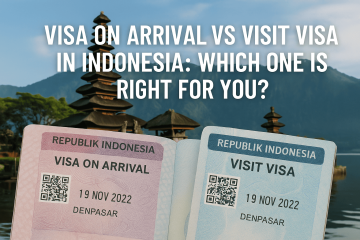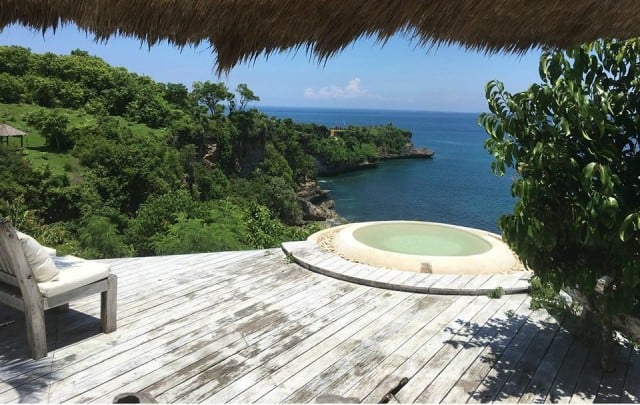Challenges of Choosing the Right Visa for Indonesia
Each year, thousands of foreign nationals travel to Indonesia for various reasons, ranging from tourism and business trips to exploring long-term investment opportunities. Yet despite their enthusiasm, many face unforeseen difficulties due to a seemingly minor misstep: choosing the wrong type of visa.
While Indonesia’s immigration system has become more modern and centralized in recent years, the variety of visa types and the nuanced requirements for each can still be confusing. This is especially true for those handling the application process on their own or relying on unofficial, outdated online sources. Indonesia offers several visa options tailored to different purposes of stay. However, certain types are frequently misunderstood and misused. Here are a few common examples:
1. Visa on Arrival (VoA)
Often chosen for its ease and speed, the Visa on Arrival does not require a sponsor and is intended only for short-term, non-commercial visits such as tourism. Using it for business meetings, remote work, or any professional activity is inappropriate and may lead to complications upon entry.
2. Business Visit Visa
This visa is designed for non-productive business activities, such as attending meetings, conducting market research, or exploring potential partnerships. It does not authorize direct involvement in business operations or paid work. Activities such as starting a company or managing staff would require a work visa and a corresponding stay permit.
3. KITAS (Limited Stay Permit)
KITAS comes in various categories, including for foreign workers, investors, and spouses of Indonesian citizens. A common mistake is applying for a KITAS type that does not match the individual’s actual plans. For example, someone intending to invest long-term may mistakenly apply for a KITAS as a working director, which may involve different legal obligations in terms of taxation, residency status, and business compliance.
What Can Go Wrong?
Choosing the wrong visa type can lead to more than just inconvenience. It may result in serious legal or administrative consequences, including:
1. Refusal of Entry at the Airport
There are numerous instances where foreign nationals, despite holding a valid visa, are denied entry because immigration officers suspect that their intended activities do not match the visa category.
2. Rejection or Cancellation of Visa Applications
Applications submitted with incorrect or inconsistent information, or under an inappropriate visa type, are highly likely to be rejected. These rejections not only waste time and money but can also negatively affect the applicant’s record in the immigration system, complicating future entries.
3. Overstay or Violations of Stay Regulations
Misunderstanding visa validity periods or extension rules can result in overstaying. In certain cases, this may lead to fines, deportation, or even blacklisting from re-entry into Indonesia.
Why Does This Happen?
In most cases, choosing the wrong visa is not the result of deliberate wrongdoing but stem from a lack of clear, reliable guidance. Common contributing factors include:
- Outdated or inconsistent information found online
- Assumptions that visa rules are uniform across countries
- Misunderstanding the distinctions between “visiting,” “working,” and “residing” legally
- Use of unofficial agents who prioritize speed over legality or proper documentation
Additionally, Indonesia’s visa framework has seen significant changes in recent years, especially with the digital transformation of its immigration services. Keeping up with these changes can be difficult without professional insight or localized knowledge.
Staying Legal Starts with the Right Visa!
Indonesia remains a welcoming and promising destination for tourism, business, and foreign investment. But like any country, its immigration system has clearly defined rules that must be followed from the outset.
Selecting the correct visa based on your true intentions isn’t just a formality, it’s a foundational step that ensures smoother entry, fewer legal complications, and peace of mind during your stay. For this reason, many visitors and businesspeople choose to seek professional assistance early on, not just for convenience, but as part of a smarter, more secure long-term plan.


0 Comments